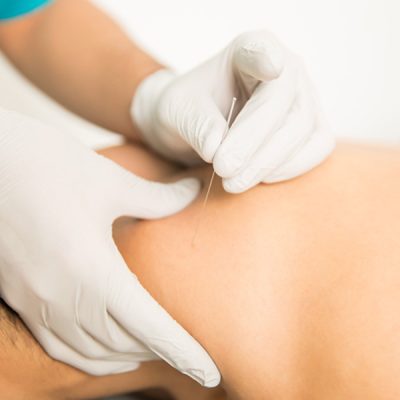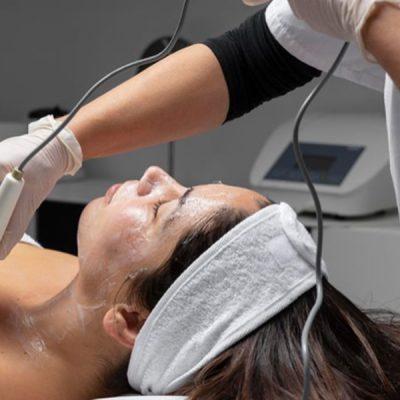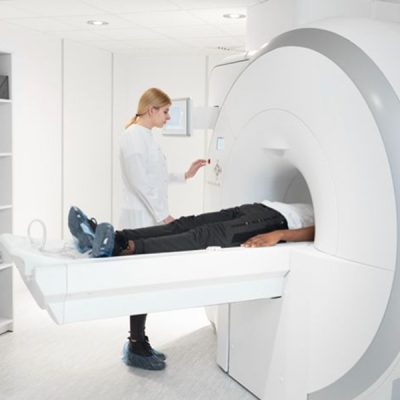Before a treatment can be recommended your doctor or clinic will first try to understand why there are infertility problems.
Various infertility tests are available, depending on whether you are male or female. In some cases, it may be impossible to determine the specific cause.
For men, the tests include:
- Genetic testing
- Semen analysis
- Hormone testing
- Imaging
- Testicular biopsy
Tests for women include:
- Imaging testing
- Ovulation testing
- Ovarian reserve testing
- Hysterosalpingography
- Other hormone testing
- Laparoscopy
- Hysteroscopy
What treatment is chosen depends on the cause of infertility, the age of the couple, personal preferences, and how long one or other partner has been infertile.
If the male has a lack of healthy sperm or general sexual problems, the following treatments will be considered:
- Surgery: If there is a blockage, surgery may reverse the issue.
- Medications: Sperm count, quality, and testicular function can be improved with certain medications
- A change of lifestyle: This might include regular exercise, eliminating harmful substances, improving the timing and frequency of intercourse, and stopping certain medications.
- Sperm retrieval: This is typically used when assisted reproductive techniques are planned.
It’s not unusual for women to require several different types of treatment to improve their infertility. The options include:
- Surgery: Uterine problems can be treated with hysteroscopic surgery. Laparoscopic surgery is another option for problems such as larger fibroids, pelvic adhesions, and endometriosis.
- IUI (Intrauterine insemination): This treatment involves the placement of healthy sperm directly into the uterus around the time the eggs are released.
- Fertility drugs: These tend to be used for women who have ovulation disorders. They induce or regulate ovulation.
One other option is assisted reproductive technology.
Also known as ART, assisted reproductive technology includes IVF or in vitro fertilization. IVF is the most common ART technique. It involves stimulating the production of eggs and then retrieving the mature eggs and fertilizing them with sperm in a lab dish. The embryos are then implanted into the uterus several days after being fertilized.
If you want to know more about the possible treatments for infertility, it is always best to speak with a healthcare professional.






